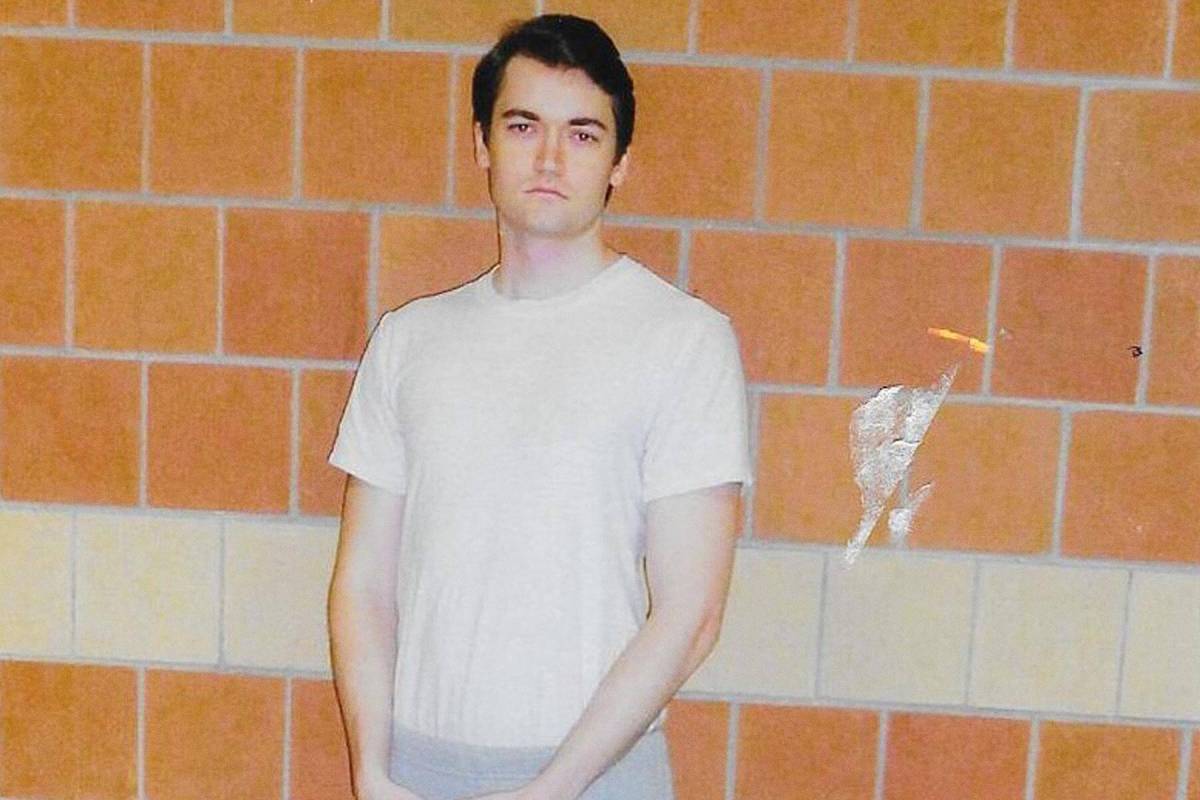Alex Winter — formerly known as Bill from “Bill and Ted’s Excellent Adventure” — has developed quite a career as a director, with his second documentary, “Deep Web,” premiering at SXSW Sunday evening. The film chronicles the arrest of Ross Ulbricht, creator and operator of online black market Silk Road. As a bonus, he even got his old “Bill and Ted’s” co-star, Keanu Reeves, to narrate the documentary. We talked with the impressively tech-savvy Winter about the project. How did you first get involved with the Ulbricht family to get this kind of access? There’s a lot here that even tech-savvy people don’t quite have their minds wrapped around. How do you go about presenting issues like Bitcoin and digital rights? Yeah, I’ve always found that argument about if you have nothing to hide troubling. Attempts to regulate the Internet have always seemed problematic, since it’s a worldwide entity. How far into things like Silk Road did you go while researching this? Taking this to a place like SXSW seems kind of perfect, considering how much it’s a convergence of film and technology. Deep Web premieres Sunday, March 15 at SXSW and on Epix later this spring.
Follow Ned Ehrbar on Twitter: @nedrick
The previous film I did, “Downloaded,” was about Napster, and I spent a lot of time working on that story — over the course of many years. And in doing so I really got pretty embedded in the tech community, which is actually pretty small. There’s the hedge fund side, the Silicon Valley side, the hacker side, and then there’s a sort of activist side, and the Napster story had crossed pretty much all of those different components. So when I went about doing this story, I already had a lot of access to some of the major players in the more activist side of the Internet — people who use the Internet for social activism and more political purposes. And as for Lynn Ulbricht, we trafficked in some of the same circles, and I came to her as someone that that community knows and trusts.
I really try to tell stories. This is only my second documentary, I mostly do narrative, but it’s sort of the same no matter what. You try to tell a story that’s entertaining, first and foremost, and clear. It’s not a college essay and it’s not a treatise. It’s a movie. The benefit of that from my perspective is it dictates what I do and don’t have to explain. I may know a little bit more about technology than most, but I’m still a layman. I’m not a coder, I’m not a hacker, I’m not an Internet activist. I’m just interested in these worlds and exploring them thematically. I stick to theme rather than saying, “Let’s spend 20 minutes really breaking down how Bitcoin works on a crypto-mathematical basis.” Frankly, it’s not going to help them understand the deeper themes of the movie. The themes are actually pretty easy to understand. Why do you have blinds on your living room window? Why do you have a door on your bathroom? You know, the idea that if you have nothing hide you have nothing to fear is kind of a tautological argument you hear thrown around a lot that really makes no sense on a common sense basis. It’s the idea that all human beings have a right to privacy and that our own constitutional right to privacy is a very big part of what it means to be human, and if those rights get taken away or impaired, you lose a little bit of your individuality, of your human-ness. That idea is very understandable for a lot of people whether or not they get how these encryption tools work.
It is, it is. And on a certain level it’s like how I feel about a lot of these things. I’m not a conspiracy theorist, but we’re living in a very, very big transitional time. We’re really moving from one entire era, the Industrial Age, into the Technological Age. It’s a huge shift for humanity, and it’s not going to happen easily and it’s not going to happen clean. So I get the fear on the sides of law enforcement and governments and people who are afraid that all of these pillars of control and oversight are going to get eroded. But at the same time, we have to keep individual rights in mind as we move forward.
That’s probably one of the things that scares people the most about the shift from these two ages, from one to the other, is that a lot of fences and walls are going to have to continue to come down. That’s going to require a lot more trust in other countries and other ideologies than we’ve managed to be able to muster in the past. That makes people very uneasy. We must construct laws and regulations that function across the Internet. The thing about this age that’s scary to people, what my movie’s really about, is the people are driving it. It’s the first time in history that’s happened. This movement is not being driven by pre-existing power structures, it’s being driven as a populist movement.
Deeply. Very, very deeply. I had to. I knew about it before, though. Encryption and hidden markets online is nothing new. My first experience with both drug markets and encrypted email and communities online was in 1989, 1990 when I first got involved in the BBS usenet groups of that era. Frankly, a lot of the people that were in Silk Road are the same people that were around in those days. The Silk Road is something that’s been slowly evolving over the 25, 30 years of the Internet’s existence.
I love this festival. I premiered “Downloaded” there. And you’re absolutely right, these two movies are a slam dunk for this festival. You’re in such great company with so many great filmmakers who are showing films there. I just become a fanboy.
SXSW: Alex Winter delves into the ‘Deep Web’

Courtesy of Lynn Ulbricht

























